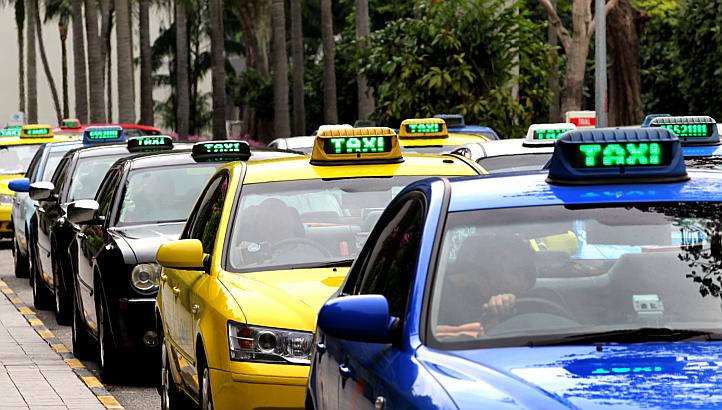The latest round of COE bidding exercise concluded yesterday. A total of 4288 COEs are available (after deducting those meant for motorcycles and vehicles such as lorries and buses). Uber submitted 870 bids and got 840.
Now, let’s put things into perspective. Can you imagine that in a single COE bidding exercise, ONE company secured more than 20% of a national-wide right to own a car. Think about that. One in five new cars are owned by Uber. This means more cars are available for booking. That should be good news for consumers, right?
I’m not so sure.
Let’s indulge in a little thought experiment to predict possible future scenarios if this trend continues.
Of course, this whole thing is highly speculative. We don’t know if this trend will continue and the actual outcome that will follow. Who knows, consumers really will benefit.
- Uber continues to bid and snap up a significant proportion of COEs available, especially during periods when industry watchers expect the supply to increase and hence the COE prices to fall.
- Uber’s key competitors face problems in maintaining its fleet size and ensuring enough drivers in its own pool.
- A decreasing car pool among Uber’s competitors means that consumer preference for on-demand private hire cars would sway towards Uber.
- As Uber gets increased demand for their cars, Uber has more ammunition and reason to increase its bid amount and quantity, perhaps going after as much as 30% or even 50% of available COE quotas.
- Failing to keep up with consumer demand and without access to cars, Uber competitors die out.
- Existing cars owned by competitors get absorbed by Uber at closeout prices.
- 1 out of 3 cars on the road are owned by Uber.
- Uber has free rein to raise fare prices in the absence of competitors, especially during peak periods.
- Uber soaks up all private hire car drivers from its competitors. Due to lack of alternatives, Uber can decrease payouts to private hire car drivers significantly and face little resistance.
- As a result, Uber has more capital to bid even more aggressively.
- Uber’s aggressive bidding also means that it becomes harder for individuals to own cars, since we are basically comparing a company’s bank account versus an individual’s.
- Even higher demand for Uber cars and other public transport as private car ownership decreases in Singapore.
- A high number of COEs awarded to Uber cars means that the total number of vehicles on the road at any one time is likely to increase very sigificantly. This is because while most private cars are only on the road one to two hours a day, Uber cars are on the road as much as possible to maximise revenue.
- Higher number of cars on the road at any one time without an increase in COE quota means that the COE quota needs to be decreased in order to maintain the same number of vehicles on the road at any one time to maintain traffic.
- This means that it is even less likely for individuals to afford private cars, as a decreased quota drives up COE prices further.
- Only companies like Uber are able to afford car ownership.
- As a result, as much as 80% of cars on the road are now owned by companies such as Uber.
- When the total number of cars on the road at any one time increases, the congestion also gets worse and the average travel time to work increase, regardless of whether you are driving your own car, taking buses, taxi or Uber. This means people spend more time to travel to work.
- Due to congestion on the road, more prefer to to take the train, leading to a higher load on the MRT infrastructure and more frequent breakdowns. This means a poorer travel experience on trains.
- Higher road congestion also meant that ERP will be implemented at more locations and the ERP price will be raised to help decrease congestion. Because of this, the fares for all modes of transport that rely on road infrastructure increases.
- More Singaporeans die without ever knowing how it feels like to own a car.
If you think this is unlikely, and that I’m just smoking weed, consider this:
Uber’s aggressive bidding is not a function of free market mechanics. In money markets, stringent rules and policies exist to prevent Market Makers (companies or individuals with so much capital that they can influence the entire market from their transaction volume alone) to ensure free market economy can continue to function.
This is the very same reason why the Land Transport Authority has banned local taxi companies from taking part in COE bidding since years ago.
Left unchecked, Uber’s aggressive bidding strategies can potentially result in disastrous outcomes for everyone.












Don’t we all just love slippery slope arguments?